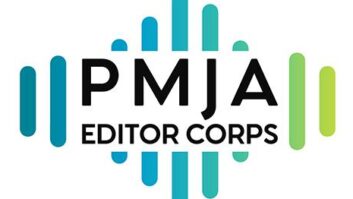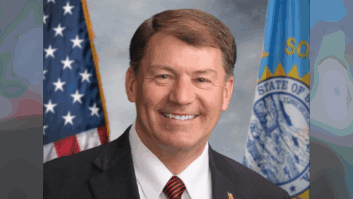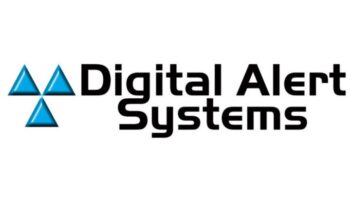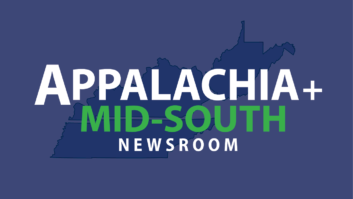The Corporation for Public Broadcasting has announced plans for “an orderly wind-down of its operation” following passage of the federal rescissions package and the release of a Senate Appropriations Committee funding bill for fiscal 2026.
It is a landmark outcome resulting from President Trump’s efforts to end public media funding as being unnecessary in 2025 and his criticisms of NPR and PBS as biased and exclusionary. It is an outcome that has been sought by some Republicans for many years but without success until now.
CPB noted that the new funding legislation excludes money for CPB for the first time in more than five decades.
CPB was created by Congress in 1967 to be the “steward” of the government’s investment in public broadcasting. It supports operations of some 1,500 local radio and TV stations.
“For nearly 60 years, CPB has carried out its congressional mission to build and sustain a trusted public media system that informs, educates and serves communities across the country,” it said in a statement.
“Through partnerships with local stations and producers, CPB has supported educational content, locally relevant journalism, emergency communications, cultural programming and essential services for Americans in every community.”
CPB informed its approximately 100 employees today that the majority of staff positions will end on Sept. 30.
President/CEO Patricia Harrison was quoted in the announcement, “Despite the extraordinary efforts of millions of Americans who called, wrote and petitioned Congress to preserve federal funding for CPB, we now face the difficult reality of closing our operations.”
A small transition team will remain through January working on compliance, final distributions and resolution of long-term financial obligations, including matters involving music rights and royalties. CPB said its board and management are working to address the legal, financial, and operational requirements of the closure.
In an order issued in May, President Trump wrote that “Unlike in 1967, when the CPB was established, today the media landscape is filled with abundant, diverse and innovative news options. Government funding of news media in this environment is not only outdated and unnecessary but corrosive to the appearance of journalistic independence.
“At the very least,” he continued, “Americans have the right to expect that if their tax dollars fund public broadcasting at all, they fund only fair, accurate, unbiased and nonpartisan news coverage. No media outlet has a constitutional right to taxpayer subsidies, and the government is entitled to determine which categories of activities to subsidize.
“The CPB’s governing statute reflects principles of impartiality: the CPB may not ‘contribute to or otherwise support any political party.’ The CPB fails to abide by these principles to the extent it subsidizes NPR and PBS. Which viewpoints NPR and PBS promote does not matter. What does matter is that neither entity presents a fair, accurate or unbiased portrayal of current events to taxpaying citizens,” Trump wrote.
Some additional background info about what CPB does:
While American public media are locally based, CPB is the largest single source of funding for public radio, television and related online and mobile services, according to its website.
About 70% of its annual appropriation went to local stations. But as CPB’s website states, “By design, it’s not the only source: Public media’s strength is that its funding comes from many sources” including listeners, viewers and major donors.
CPB does not produce or distribute programs.
PBS is a private nonprofit owned by its member public television stations. It distributes programming to about 350 stations and is funded principally by member stations, distribution revenue and underwriting. CPB provides grants to PBS for some of its national content and for the infrastructure that distributes content and emergency alerts from PBS to public stations.
NPR is a nonprofit membership organization of separately licensed public radio stations. It produces and distributes news and other programming. It is principally funded by member stations, distribution services underwriting and institutional grants, and individual contributions. CPB provides grant support to NPR for purposes such as international reporting bureaus and for the infrastructure that distributes content from NPR and other national public radio producers to public stations.
One of the many questions that industry observers will be watching is how the pending closure of CPB will affect those infrastructure aspects of what NPR and PBS do.





